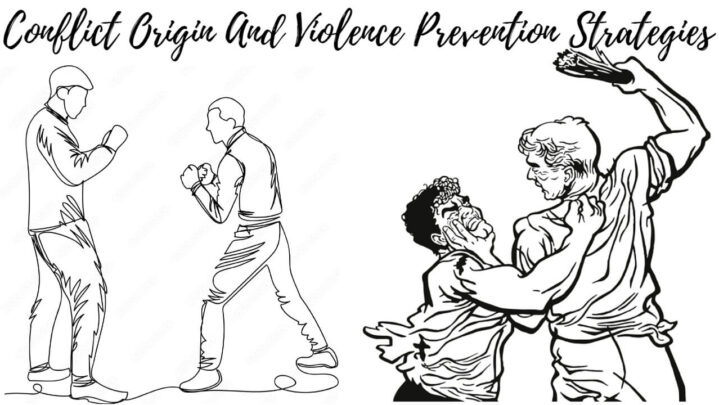Addressing the root causes of conflict is one of the most effective ways of averting violence. This may be accomplished through fostering understanding and mutual respect among many groups, tackling economic and social inequalities, and trying to create more inclusive and equitable communities.
Another essential technique for reducing violence is to establish strong, resilient communities. This may be accomplished through cultivating a sense of belonging and togetherness among community members, giving access to resources and assistance, and creating social cohesiveness.
Another option is to encourage the use of nonviolent dispute-resolution techniques. This might involve encouraging the use of mediation and other alternative dispute resolution procedures, as well as fostering the establishment of strong and effective institutions that can assist manage and resolving problems in a peaceful and productive way.
Furthermore, fostering good governance, democracy, and human rights, as well as offering education, economic, and social possibilities, can all help to reduce violence.
Women and other disadvantaged groups must also be supported and empowered, as they are disproportionately affected by conflict and violence. This might involve encouraging women to participate in decision-making processes, providing women with educational and economic opportunities, and trying to alter cultural attitudes and practices that perpetuate discrimination and violence against women and other oppressed groups.
Addressing poverty and inequality is another essential technique for reducing violence. These concerns can exacerbate sentiments of exclusion, despair, and pessimism, fueling confrontations and acts of violence. Governments and other groups can try to create economic and social opportunities for disadvantaged populations, support income redistribution, and social welfare programs, and invest in education and job training programs to address these concerns.
In summary, preventing violence necessitates addressing the root causes of conflict, fostering strong and resilient communities, encouraging nonviolent conflict resolution, promoting good governance, democracy, human rights, education, economic and social opportunities, and empowering women and marginalized groups.





